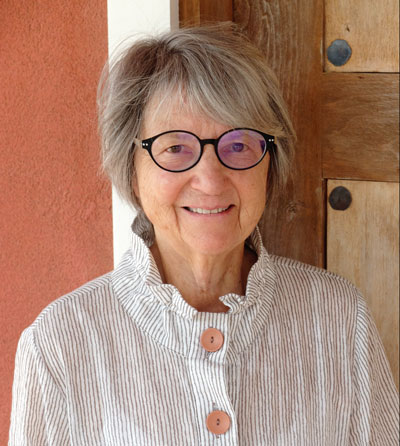Before you begin reading my article, please consider these overriding comments:
1) Every business is unique. The statements below are generalities.
2) Every business usually requires working capital – extra money to pay bills, buy equipment, operate while waiting for payments to come in.
3) When someone starts or buys a business, they likely are buying an opportunity to do something far greater than the business. Think bigger.
4) We are talking small business here, less than $1MM in sales
Generally there are two types of entrepreneurs wanting to own a business. One is like my friend Nikki. She is a serial entrepreneur. Her method is small investment in a start up of her own making, work hard, and over time the money flows. The other is like George. George has some money, wants to own a business in something appealing, does not feel he is clever enough to start from scratch, and wants to earn a living. George elects to buy a business because then, even if he knows the business can be better, it is already going. Typically, George needs more funds to buy than Nikki needs to start the business. Nikki had to wait longer to earn what George is going to earn on day one after buying the business.
So what must George spend on a business purchase?
Lets say that George wants to earn $70,000 right away. A typical (more on this later) business generates for the owner, before paying interest and principle on borrowings and after all the other expenses, 30% of sales. It is the 30% that pays George.
If 30% = $70,000 then George needs to buy a business that has AT LEAST $233,000 in sales. (70,000/30 * 100 = $233,000)
There are many things that make up the price of a business. A typical small business, such as the one George is going to buy, will not sell for more than three times cash flow. Most small businesses sell for less than that, maybe two times cash flow. The business with a $70,000 cash flow may sell for $140,000. If George does not have $140,000 in cash to buy the business, he will have to borrow. Once he borrows he reduces what he earns by the amount of the payments. All of a sudden George needs a business generating more than $70,000 to pay himself and the bank.
It is really far more complicated than this but here are some easy considerations:
1) A business will usually not earn more than 30% bottom line for the owner.
2) Some of that bottom line needs to go back into the business and pay the bank (or whoever is financing the purchase)
3) Typically you have to have 1/3 down on a purchase, either financing the balance with the bank or the seller.
4) For each $1 you invest, considering #3 above, you will get (more or less) $.30 in return each year to pay you, reinvest, and pay the bank.
5) So, the more you have to invest the more you will earn from the beginning.
6) Beyond the purchase price you will need working capital. It is different in each business.
What does George need to earn his $70,000? George probably needs at least $100,000 to invest in the purchase and for working capital.
The words EARNINGS and TYPICAL: Yes, there are businesses that earn more and less than 30%. This is why doing the math on the specific business is important.
Most entrepreneurs are taking money from savings to invest in the business. In calculating what you want to earn you might want to consider this formula:
These are my buying criteria:
1) Does the financial picture current and future make sense for my needs and my investment?
2) Can I see the next generation of the business?
3) Does it afford the life style that I prefer-time & location?
4) Do I like the business enough to be happy owning it for years and respecting what it does?
5) Can I see myself, my talents and interests, working in the business?
Taking something (business) and creating something more is where entrepreneurs shine, whether as a business start up or purchase. Don’t focus only on what the business is. Focus on the broader considerations.
Want to inquire? Contact Us

